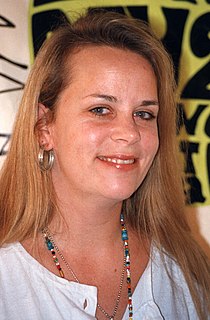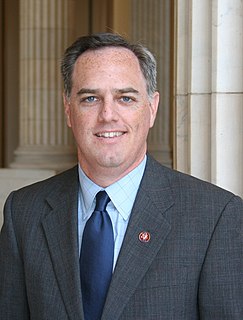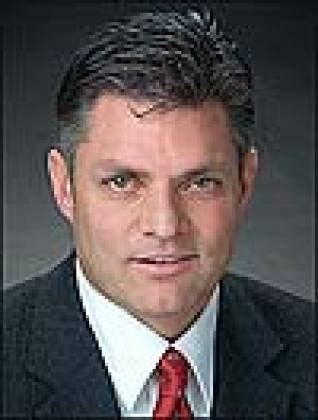A Quote by Drunvalo Melchizedek
Bible Code is a subject that is very controversial - most people in the world would not even know what we are talking about.
Related Quotes
First I went to a Jewish school, when I was very little. But when I was 12, they put me in a school with a lot of traditions, and they were educated people and they were talking about Greece and the Parthenon and I don't know what. All the kids, all the girls they had already seen that and knew that from their family, and I would say, "What are you talking about, what's that?" It's not my world. My grandparents were very well-educated people, but in the Jewish tradition. They knew everything about the Bible.
Ethics and power are separate. Ethics and morality. I think life would be miserable if there weren't some kind of code that people operated by, but history is full of many, many people who have gotten power by very unethical means, and people who were very ethical, who get no power, people who have the most brilliant, lovely, wonderful, nice intentions and bring about horrible things in the world because they don't know how to play the power game.
I'm a very private person, so obviously I don't enjoy talking about more personal matters. But at the same time I care very much about my work and I would like people to know that it exists. So I appreciate that there's a meeting point, where I would like people to know about the work that I'm doing, and that requires me to talk about it.
Basically, I'm a perpetual student. I start by finding a subject I really don't know very much, but that I'm curious about. I learn about it through books in a library, by doing interviews with people who know a lot about the subject, and by going out on my own and seeing for myself what's happening.
If these laws [in the Bible] belonged to any other ancient culture we would approach them very differently. We need not bother to reject the code of Hammurabi. Presumably it is because Moses is still felt to make some claim on us that this project of discrediting his law is persisted in with such energy. The unscholarly character of the project may derive from the supposed familiarity of the subject.
Distinguish open-minded people from closed-minded people. Open-minded people seek to learn by asking questions; they realize that what they know is little in relation to what there is to know and recognize that they might be wrong. Closed-minded people always tell you what they know, even if they know hardly anything about the subject being discussed. They are typically made uncomfortable by being around those who know a lot more about a subject, unlike open-minded people who are thrilled by such company.
You would be surprised how many people that are very passionate about classical music are deeply involved in Hip Hop. You would think Jazz would be the natural associative, but it's extraordinary what kind of crossed-genre associations we are finding in digital media. And even as I'm talking about it, I find myself speaking very much more about how people are accessing that which, what I do, rather than me being preoccupied trying to market something that I do to them.
When we take a top-tier view of the amount of code showing up inside of Linux today that is either directly related to our Unix System 5 that we directly own or is related to one of our flavors of Unix that we have derivative works rights over--we don't necessarily own those flavors, but we have control rights over how that information gets disseminated--the amount is substantial. We're not talking about just lines of code; we're talking about entire programs. We're talking about hundred [sic] of thousands of lines of code.
People who do not know the Bible well have been gulled into thinking it is a good guide to morality. This mistaken view may have motivated the "millionaire Conservative party donors". I have even heard the cynically misanthropic opinion that, without the Bible as a moral compass, people would have no restraint against murder, theft and mayhem. The surest way to disabuse yourself of this pernicious falsehood is to read the Bible itself.



































